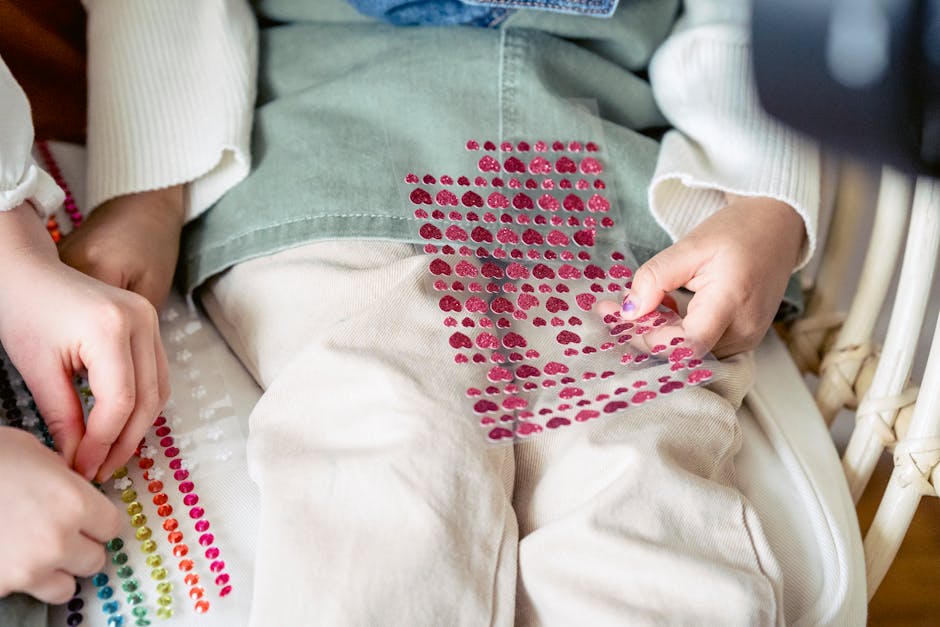A crucial consideration is your current level of stress and free time. Attempting to learn calligraphy amidst a demanding work deadline, for example, might lead to frustration rather than fulfillment. Conversely, dedicating time to a complex woodworking project during a period of intense personal upheaval could exacerbate existing stress. Ideally, initiating a new hobby should coincide with a relatively calm period in your life. This allows for focused learning, consistent practice, and the enjoyment of the process without the pressure of competing demands. Identifying periods of reduced workload, fewer social commitments, or a general sense of tranquility within your schedule presents the most fertile ground for hobby cultivation.
The nature of the hobby itself also plays a pivotal part in determining the best time to begin. Some hobbies, like knitting or drawing, can be readily integrated into daily routines, requiring only minimal dedicated time. Others, such as pottery or photography, may demand more significant upfront investment both financially and temporally often needing dedicated studio space or specialized equipment. These more demanding pursuits are better suited to life phases marked by greater stability and available resources. Consider the level of commitment the chosen hobby requires. A hobby demanding substantial upfront investment or significant ongoing time commitment might be better undertaken during a period of financial stability or decreased responsibilities.
Another important factor to analyze is your current emotional state. While hobbies can be remarkably therapeutic, beginning one during a period of intense grief, trauma, or significant life change could prove counterproductive. Emotional stability provides a better foundation for engagement and allows you to approach the learning process with a more balanced perspective. A new hobby, during such turbulent times, might add to the existing stress rather than providing the intended relief. It’s preferable to wait until emotions have settled and a more stable mindset can be achieved. This allows the hobby to serve as a genuine source of solace and self-expression, rather than becoming another source of pressure.
Furthermore, the season can subtly influence the commencement of certain hobbies. Outdoor activities, such as gardening or hiking, are naturally more appealing during warmer months. Indoor pursuits, such as painting or writing, may be more inviting during colder, less active seasons. Seasonal variations in available daylight and weather conditions can significantly impact your ability to enjoy and progress within a given hobby. Therefore, selecting a hobby that aligns with the prevailing seasonal conditions can optimize your experience.
Age, too, plays a role. While there is no age limit for acquiring new skills, certain hobbies might be better suited to particular life stages. Hobbies demanding significant physical dexterity, like sculpting or playing a musical instrument, might be easier to master during periods of greater physical agility. Conversely, hobbies requiring more contemplative focus, like writing or philosophy, might become more appealing as age brings a greater accumulation of experiences and perspectives. This isn’t to say that physical hobbies are impossible later in life or that contemplative hobbies cannot be taken up earlier, but rather that physical and mental capabilities influence ease of mastery.
Social factors also bear consideration. If a hobby involves group participation for example, joining a book club, a choir, or a sports team initiating it during a time of increased social interaction or a stronger desire for social connection could be exceptionally beneficial. This factor relates to personal preference and the specific social needs of the individual at a particular life stage. Equally, if the chosen hobby is more solitary, a period of introspection or reduced social demands might be a more fitting time for its commencement.
Financial considerations are also vital. Some hobbies necessitate considerable financial investment in equipment, materials, or classes. Starting a new hobby should be carefully considered against your budget. It’s wise to assess the ongoing financial demands before committing to a resource-intensive activity, to avoid potential financial stress down the line. Plan for the expenses involved, factoring in both initial outlay and ongoing costs like materials and potential class fees.
Ultimately, the best time to start a new hobby is when you feel both personally and practically ready. It’s a subjective decision based on the interplay of individual circumstances, the demands of the chosen hobby, and a careful consideration of the available time, resources, and emotional stability. Prioritizing a balanced approach, acknowledging your current limitations and aspirations, will foster a more rewarding and sustainable relationship with your new passion. A thoughtfully chosen moment allows the hobby to become a genuine source of joy, personal growth, and lasting fulfillment, rather than a fleeting distraction or another source of stress in an already busy life.
